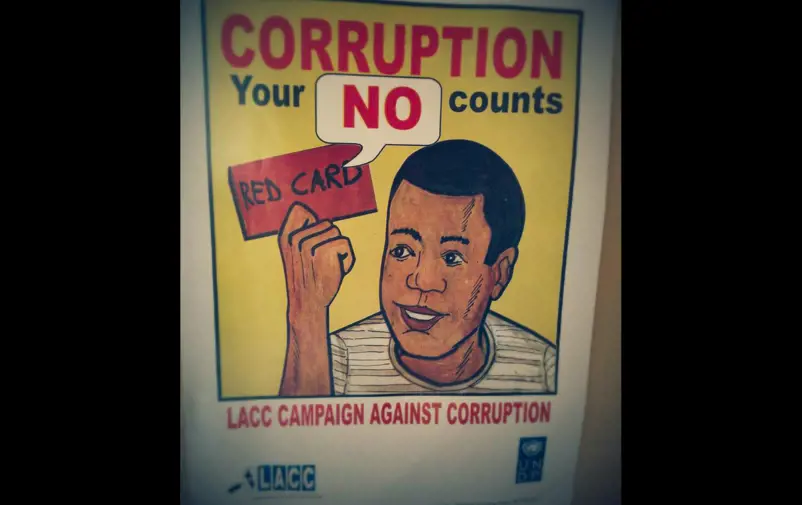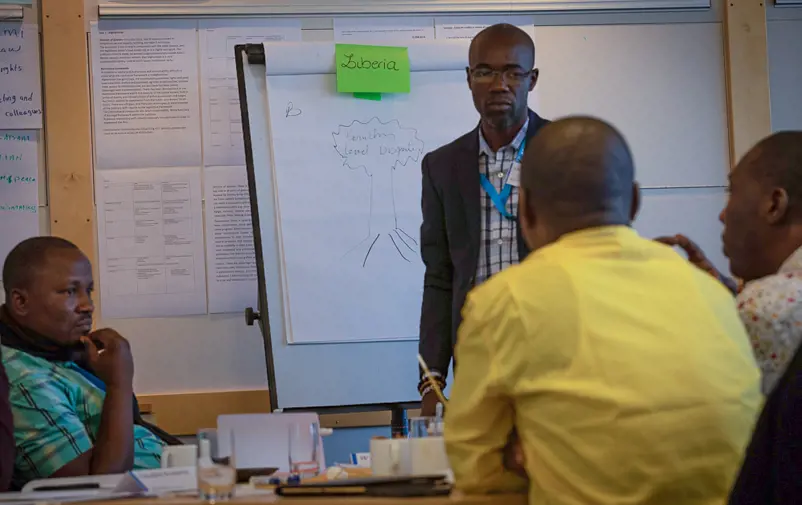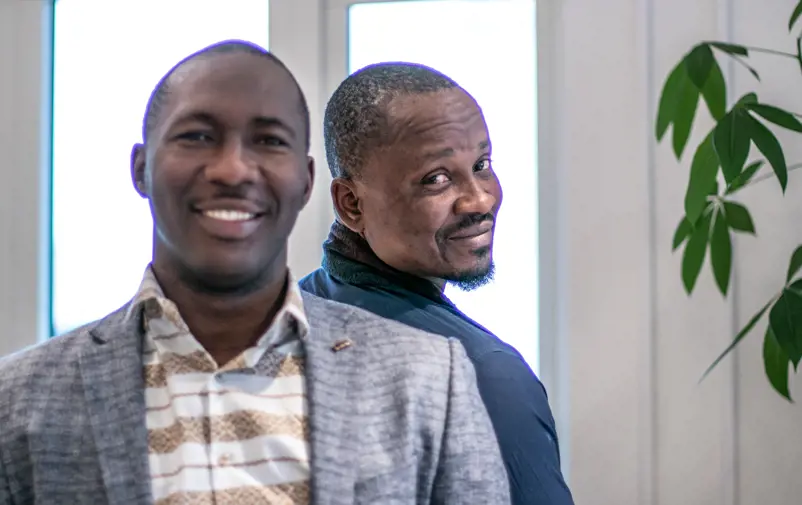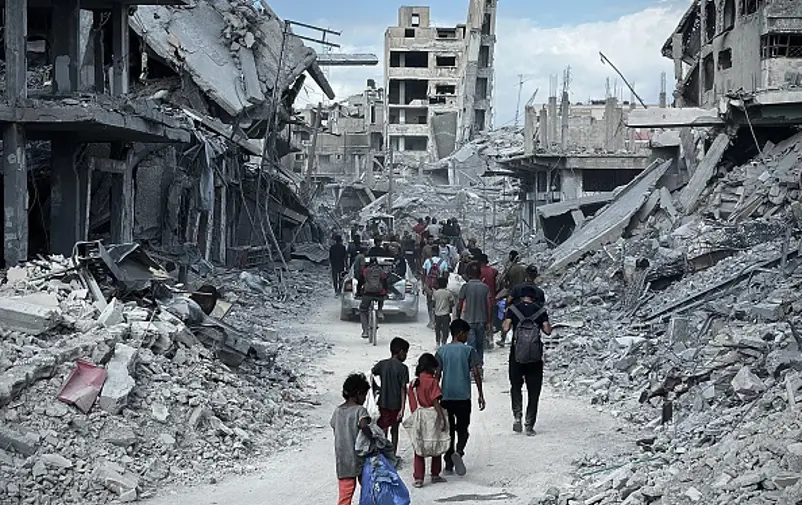Liberia: Integrity and accountability important for a society free from corruption
Popular discontent with the extensive corruption was a substantial factor in Liberia’s latest presidential election. Several corruption scandals have shaken the country the past year and the responsible often go unpunished due to the weak judicial system.The fight against corruption in Liberia is important for many reasons. Corruption cripples the economy and hampers development, it destroys the social fabric and makes people lose confidence in the judicial system. Since the end of the 14 year long civil war, governance has improved. But much work remains to be done before Liberia becomes a stable and efficient democracy where human rights are respected and everyone is equal before the law.
There is a huge need for reforms and a number of Swedish government agencies support the Liberian public sector in their endeavours.
– The public administration lacks fundamental preconditions as well as capacity to work in a more just and transparent manner, and the access to fundamental public services is still insufficient outside of the capital, says Dominique Górska who works at FBA’s Rule of Law Unit.
FBA works on strengthening the enforcement of rule of law in public administration in Liberia, and has during the last year trained the staff at the Institute of Public Administration (LIPA) who is in charge of enhancing competence among civil servants. A central part of the work is also to strengthen the trust between public authorities and civil society organizations working for a more transparent and accountable society.
– The citizens have little confidence in the government’s ability to cater to their needs, particularly in the remote areas. Due to this, several reforms have been launched to make authorities more open and accessible. Thereby, citizens will have better possibilities to hold decision-makers accountable, Dominique Górska says.
The poor are worse off
Africa is the region in the world most affected by corruption. According to Transparency International’s perceptions index 2018, one in four Africans have had to bribe a civil servant, for instance to make a complaint to the police or to access life essential medication.
Liberia scores 32 out of 100 points, where the highest rate indicates less corruption. Liberia is just at the average for the continent. The situation indeed looks better today compared to previous years, and it continues to develop in the right direction. But five of six Liberians still live below the poverty line despite the country’s rich natural resources and favourable climate for agriculture. And the poor are most exposed to corruption.
– We have not done enough to raise people out of poverty. Many lack access to education, healthcare and electricity. Our government revenues are low but we can do more with the limited resources we have, says Anderson Miamen.
He works at Center for Transparency and Accountability in Liberia (CENTAL), one of Transparency International’s some 100 local independent organizations, and was part of a group Liberians who earlier this autumn participated in FBA’s workshop on how a well-functioning democracy can prevent conflicts and contribute to sustainable peace.
Evil circle
Harold Marvin Aidoo is the Manager of the Institute for Research and Democratic Development (IREDD) and has dedicated 15 years to promoting democracy in Liberia. He explains how the lack of measures to combat corruption is a serious threat to democracy, that impoverishes the public institutions. At the same time, weak institutions are less able to handle corruption. It becomes an evil circle.
– We have to make sure that public institutions have adequate capacity and resources in order to be efficient and carry out the assignments that are expected of them. Then we, as citizens, can also hold them accountable, he says.
Civil society has an important role to enhance people’s knowledge about their rights when faced by the public sector, including the legal system.
Lawrence Yealue runs Accountability Lab – an organization that works with young people to bring back value systems and ethics in society. He emphasizes the importance of positive role models to build a society that assumes liability.
– We believe in acknowledging good civil servants, that younger generations can look up to, so that they want to serve society instead of abusing their powers. It all gets down to personal responsibility and integrity, he says.
Short facts
FBA is one among several Swedish government agencies that support the reform of Liberia’s public administration. The Swedish International Development Cooperation Agency, Sida, funds the ongoing decentralization reform and efforts to strengthen both the formal and the informal judicial systems, for example through education about laws, human rights and methods for conflict prevention. The Swedish National Audit Offices has initiated a cooperation with their Liberian counterpart and Lantmäteriet assists in the implementation of the new Land Rights Act. This is a crucial issue as land owners in Liberia rarely have documents to prove ownership of land, even when the family has lived there for generations.
Photo: Liberia Anticorruption Commission & UNDP, Fallckolm Cuenca, Elisabeth Winqvist
Published: 18 december 2019










 >
> >
>

